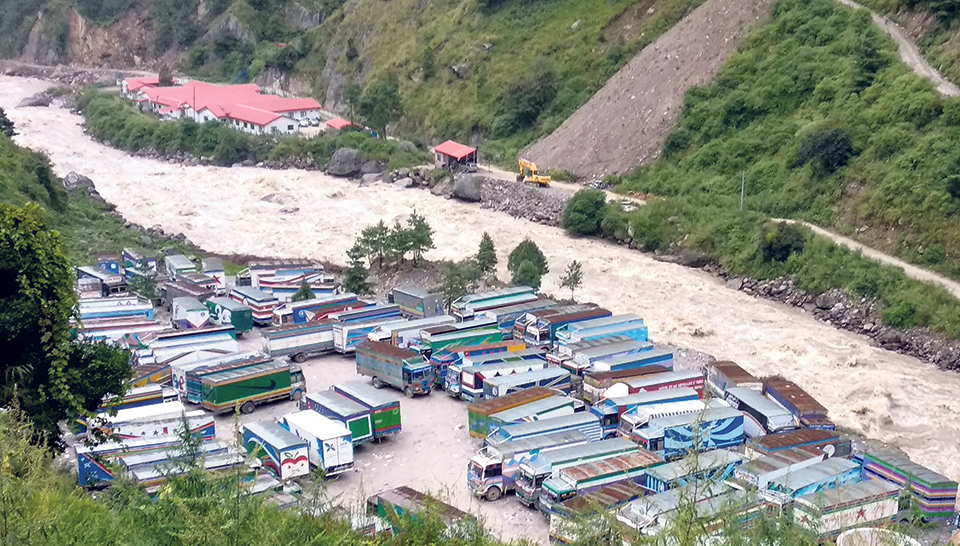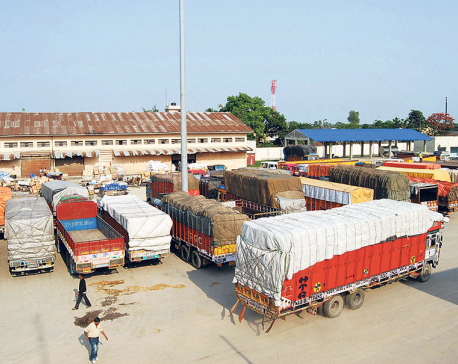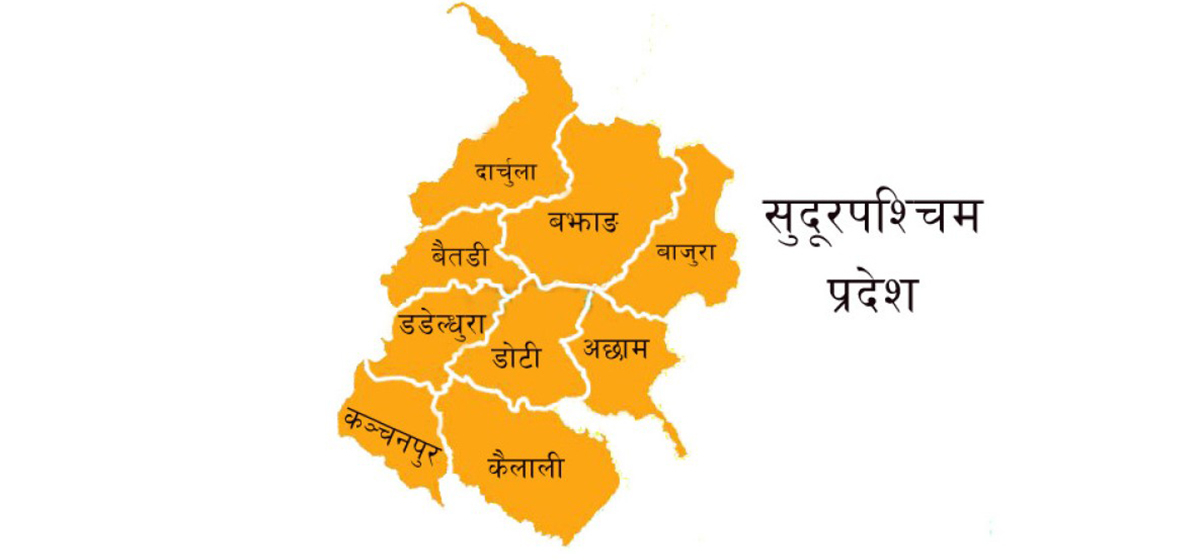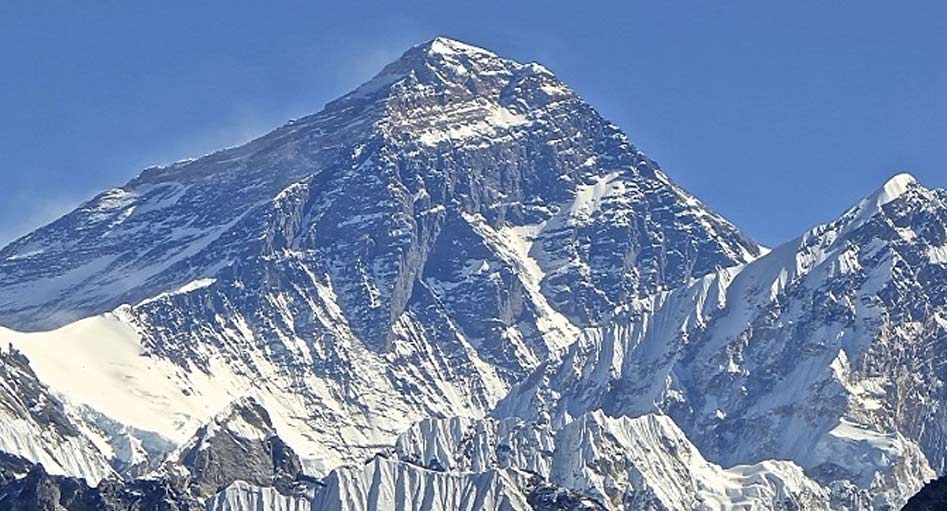
OR

RASUWA, Oct 18: The import of Chinese walnut to Nepal has increased in recent days to meet the supply gap as Nepal’s domestic production is still not adequate.
The consumption of walnut in Nepal increases during Tihar festivals. Two types of walnuts are imported from China. According to Rasuwagadhi Customs Office, walnut with no shells is imported in huge quantity from China.
A total of 249,241 kilograms of walnut have been imported during the period of mid-August to mid-October in Fiscal Year 2019/20. Of the imported walnut, 211,815 kilograms are without shell and 37,426 kilograms with shell. Walnut worth Rs 70.88 million was imported through Rasuwagadhi border point during the period.
According to the statistics of Rasuwagadhi Customs Office, 122,382 kilograms of walnut were imported in the corresponding period last fiscal year, of which 81,822 kilograms were without shell whereas 550 kilograms were whole walnut with shell. The total import amount last fiscal year during the corresponding period remained Rs 24.9 million.
Similarly, the office has stated that Nepal had imported 102,490 kilograms of walnut worth Rs 14.9 million in FY2017/18. Total 89,490 kilograms without shell and 13,000 kilograms with intact shell were imported in the fiscal year.
Likewise, the customs data shows that 399,137 kilograms of walnut were imported in FY2018/19. Of the total import worth Rs 90.4 million, walnut without shell is of greater quantity. Walnut without shell weighing 243,231 kilograms, compared to 906 kilograms with shell, was imported in the year.
According to Punya Bikram Khadka, chief of the Rasuwagadhi Customs, Nepal does not have commercial farming of walnut, and the demand has been increasing because of which the import has been continuously increasing. Black walnut that is produced in Nepal is hard to crack open. The imported types can be easily cracked open and are tastier as well, because of which the demand is growing in Nepal.
You May Like This

Import of industrial raw material decreases
BIRATNAGAR, Oct 24: The industrial units of steel, soap, color, and other products based in the eastern part of the... Read More...

Inaugurating auto show, FinMin stresses on lesser vehicle imports
KATHMANDU, Sept 11: The Minister of Finance, Dr. Yubraj Khatiwada's speech while inaugurating the 2018 NADA Auto Show caught everyone... Read More...

Why import food?
If we look at production figures of past six years Nepal does not in fact need any imported food ... Read More...






Just In
- Altitude sickness deaths increasing in Mustang
- Weather forecast bulletin to cover predictions for a week
- Border checkpoints in Sudurpaschim Province to remain closed till Friday evening
- Gandaki Province Assembly session summoned
- CM Karki to Speaker: Resolution motion for vote of confidence unconstitutional
- EC reminds all for compliance with Election CoC
- 13 killed, several injured after strike at Al-Maghazi refugee camp in Gaza
- NA team leaves for Solukhumbu to launch Clean Mountain Campaign













Leave A Comment